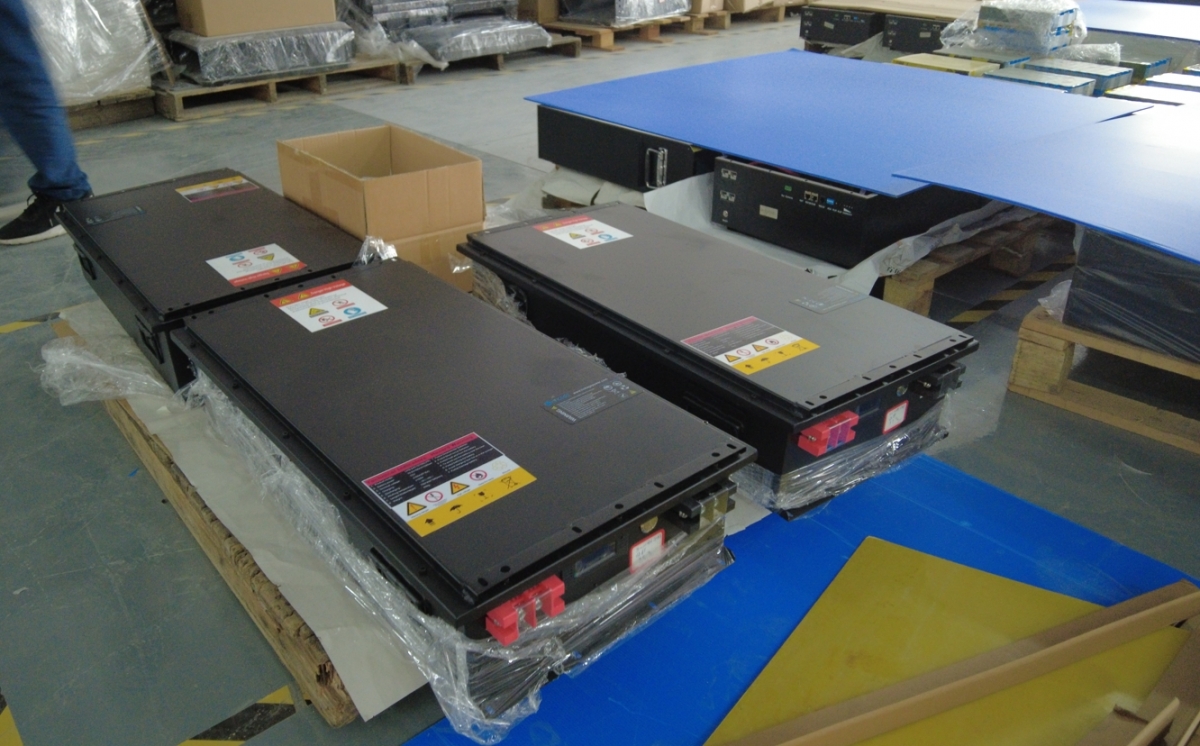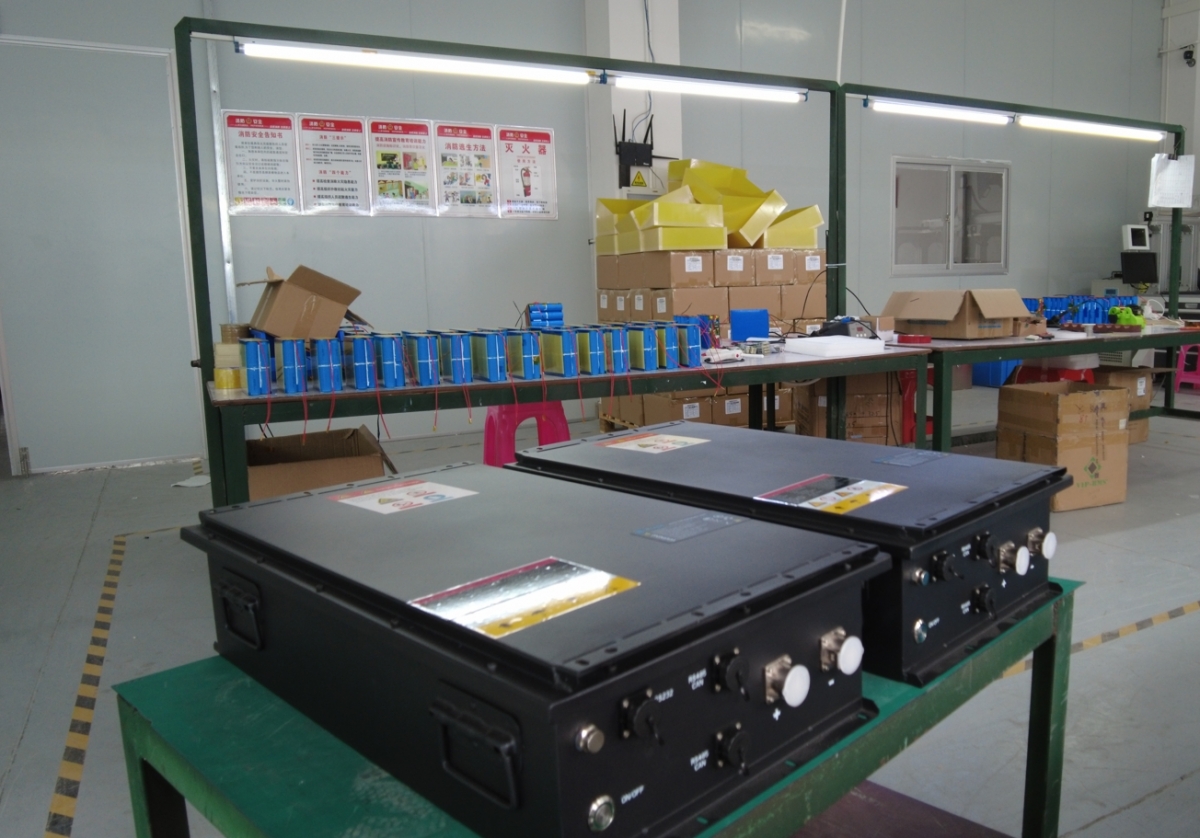- 06
- Dec
What is the difference between lithium battery and storage battery?
Lithium batteries and accumulators are two types of batteries that are currently widely used, and they are superior to accumulators in terms of performance. Because of current price issues, most UPS power supplies use batteries, but after a period of time, lithium batteries can completely replace lead-acid batteries. The following is the information shared by lithium battery manufacturers on the difference between lithium batteries and storage batteries. After reading the following content, I hope it will be helpful to you.
Lithium batteries and accumulators are two kinds of batteries that are widely used at present, and they are superior to accumulators in performance of lithium batteries. Because of current price issues, most UPS power supplies use batteries, but after a period of time, lithium batteries can completely replace lead-acid batteries. The following is the information shared by lithium battery manufacturers on the difference between lithium batteries and storage batteries. After reading the following content, I hope it will be helpful to you.


Lithium battery manufacturer
1. The cycle life of lithium battery manufacturers
Lithium batteries have a longer lifespan and batteries have shorter lifespans. The number of cycles of lithium batteries is generally around 2000-3000. The number of cycles of the battery is about 300-500 times.
2, weight energy density
The energy density of lithium batteries is generally 200~260wh/g, and lithium batteries are 3~5 times that of lead acid. That is to say, in the case of the same capacity, lead-acid batteries are 3 to 5 times that of lithium batteries. Therefore, in the lightweight of energy storage devices, lithium batteries have an advantage. Lead-acid batteries are generally 50~70wh/g, with low energy density and overweight.
3. Volumetric energy of lithium battery manufacturers
The volume density of lithium batteries is usually about 1.5 times that of batteries, so in the case of the same capacity, lithium batteries are about 30% smaller than lead-acid batteries.
4, the temperature range is different
The working temperature of lithium battery is -20-60 degrees Celsius, the thermal peak of lithium iron phosphate battery reaches 350-500, and it can release 100% of its capacity at high temperature.
The normal operating temperature of the battery is -5 ~ 45 degrees. When the temperature drops by 1 degree, the relative battery capacity will be reduced by about 0.8%.
5, lithium battery manufacturers charge and discharge
Lithium battery manufacturers stated that lithium-ion batteries have no memory and can be charged at any time, with low self-discharge, and can be stored for a long time.
The storage battery has a memory effect and cannot be charged and discharged at any time. There is a serious self-discharge phenomenon, if the battery is left for a period of time, it is easy to be scrapped. The discharge rate is small, and high current discharge cannot be carried out for a long time.
6. Internal materials
The positive electrode of lithium battery is lithium cobaltate/lithium iron phosphate/lithium bromate, graphite, organic electrolyte. The positive electrode of the lead-acid battery is lead oxide, metallic lead, and the electrolyte is concentrated sulfuric acid.
7, safety performance
Lithium battery manufacturers said that lithium batteries come from the stability of the positive electrode material and reliable safety design. Lithium iron phosphate batteries have passed strict safety tests and will not explode in severe collisions. Lithium iron phosphate has high thermal stability and electrolyte oxidation capacity. Low, so the safety is high. Batteries: Lead-acid batteries exploded due to strong collisions, posing a threat to consumers’ lives.
8. Price
Lithium batteries are about 3 times more expensive than batteries. With the life analysis, even if the same cost is invested, the service life will be longer.
9, green environmental protection
Lithium battery materials are free of toxic and hazardous substances, and there is no pollution in production and use. Lithium battery manufacturers stated that they are recognized as green batteries in accordance with European RoHS regulations. There is a large amount of lead in lead-acid batteries, and improper disposal after disposal will cause environmental pollution.
